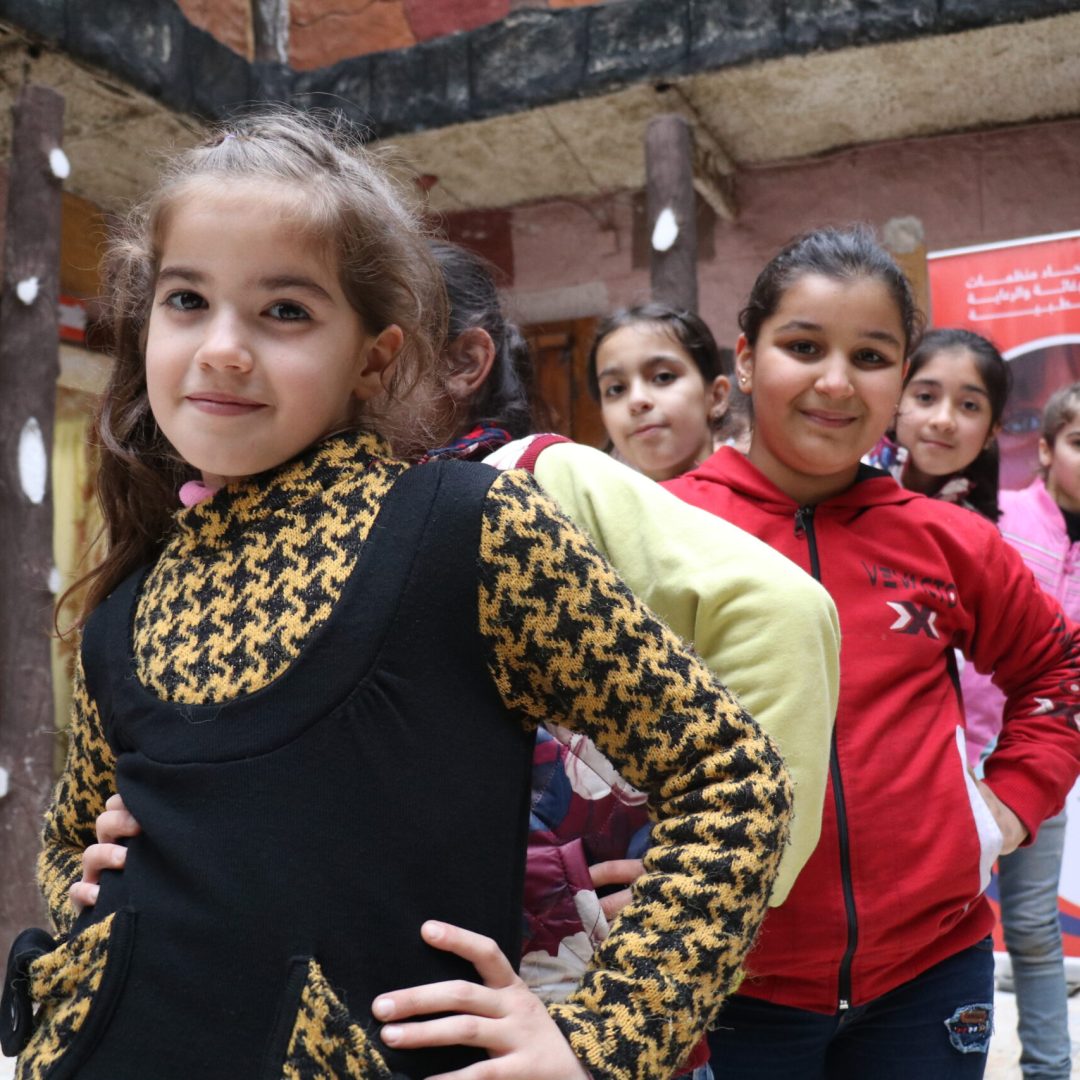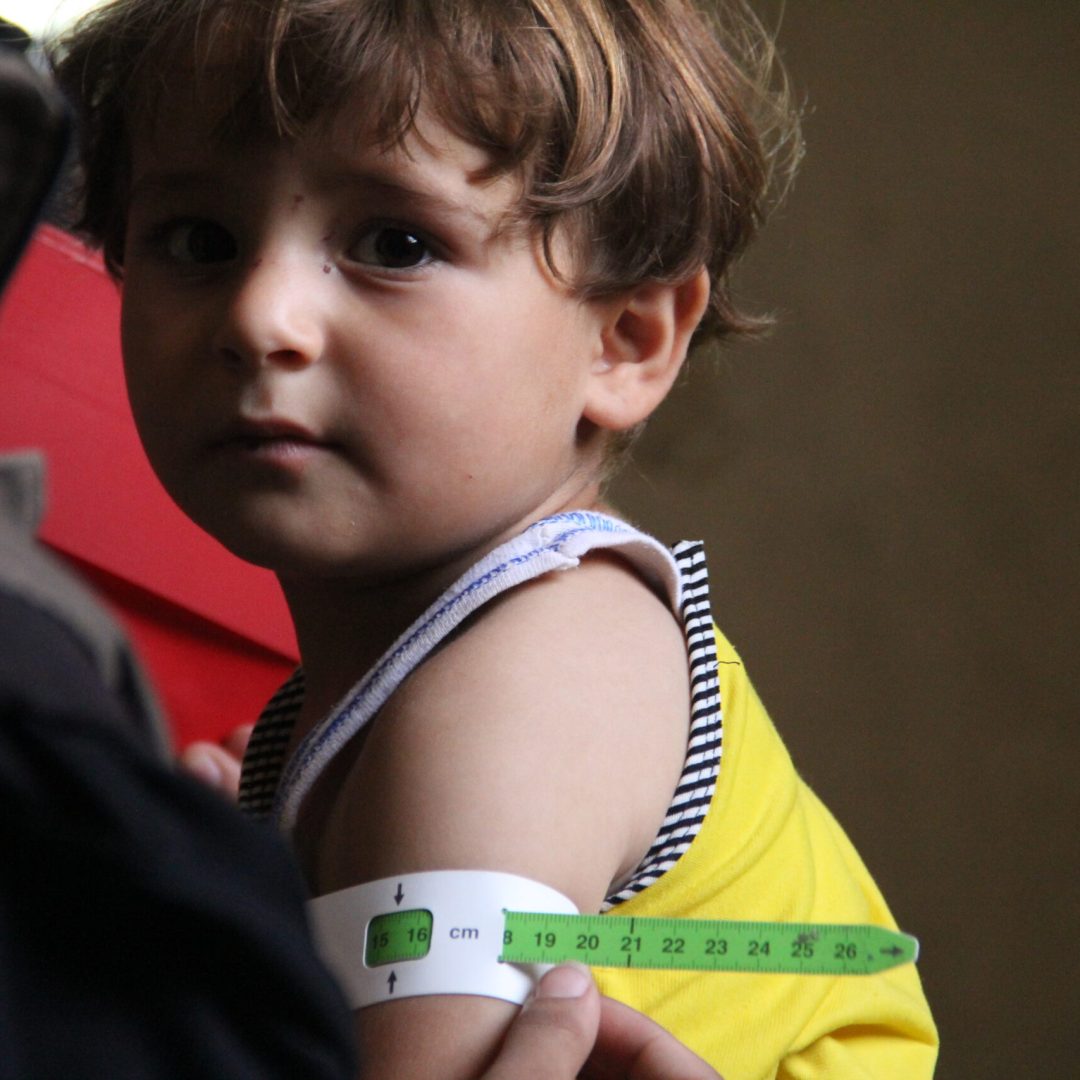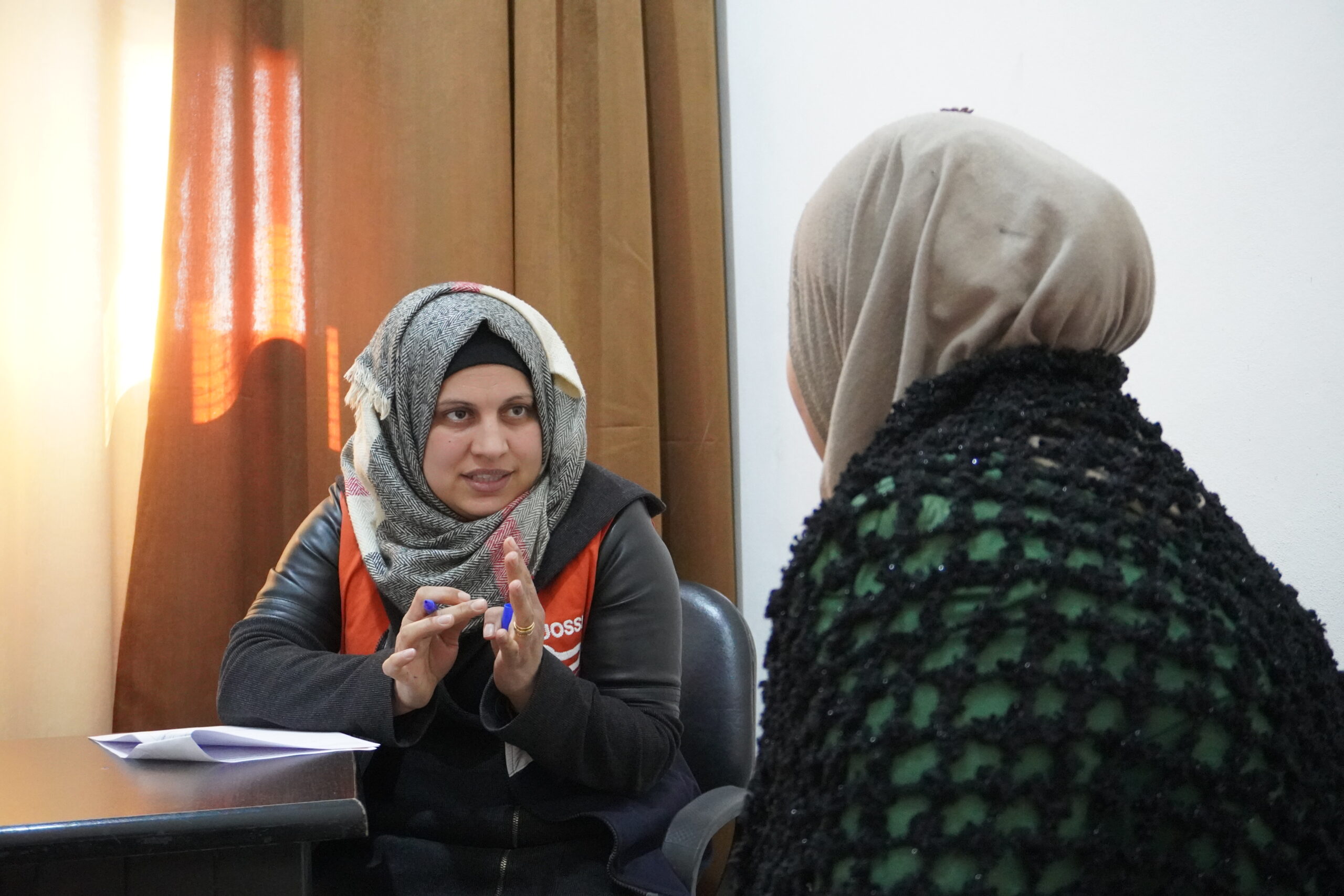
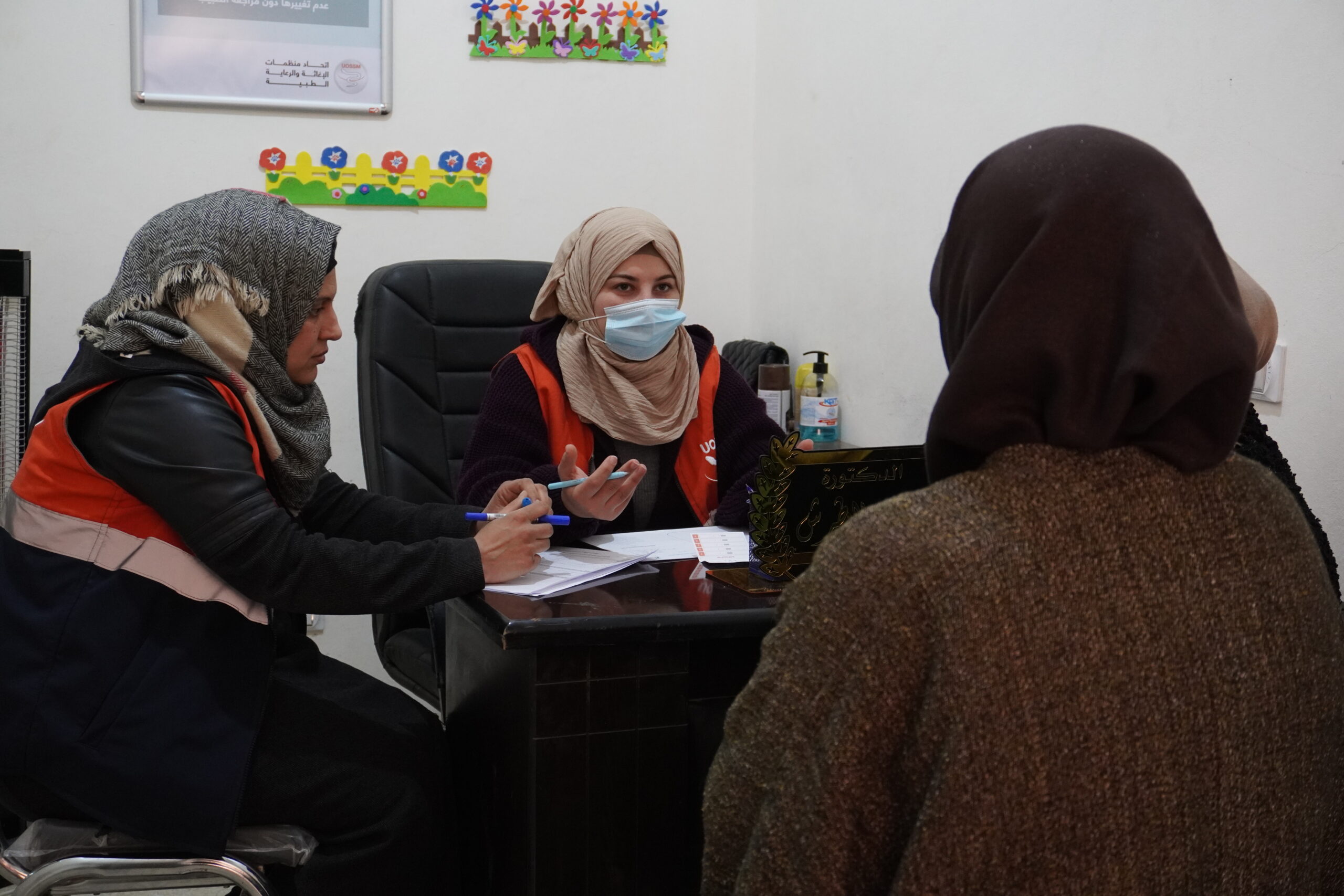
Bénéficiaires
Services

Le programme MHPSS de l’UOSSM vise à protéger et promouvoir le bien-être psychosocial tout en prévenant et en traitant les troubles de santé mentale chez les bénéficiaires des communautés d’accueil et les personnes déplacées internes (PDI). Nos services couvrent un large éventail de problèmes de santé mentale, allant des troubles courants tels que la dépression et le trouble de stress post-traumatique (SSPT) aux troubles mentaux graves et à la toxicomanie.
Nous fournissons ces services par le biais d’activités structurées et fondées sur des preuves qui respectent les directives du Comité permanent interorganisations (IASC) pour la SMSPS dans les situations d’urgence.
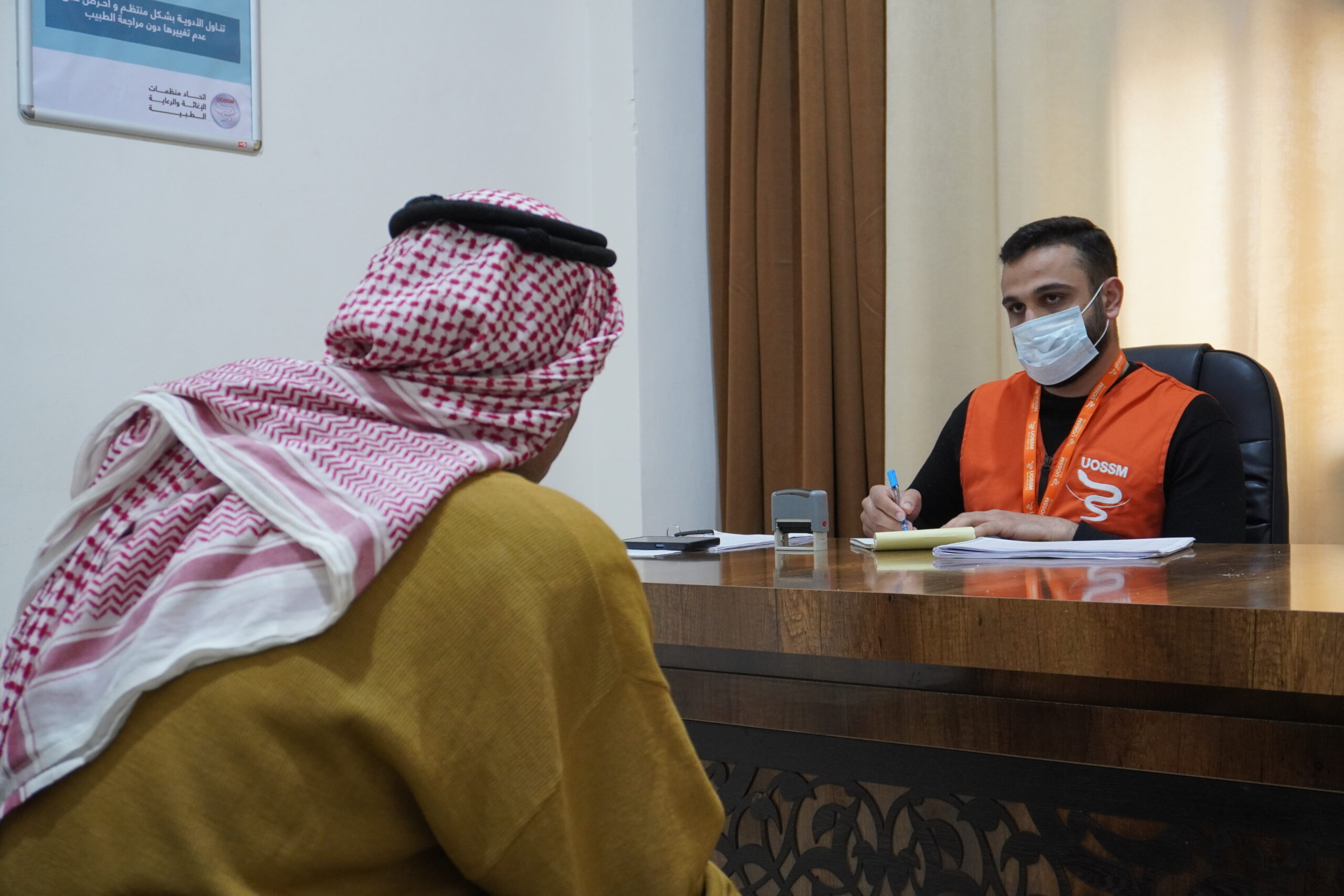
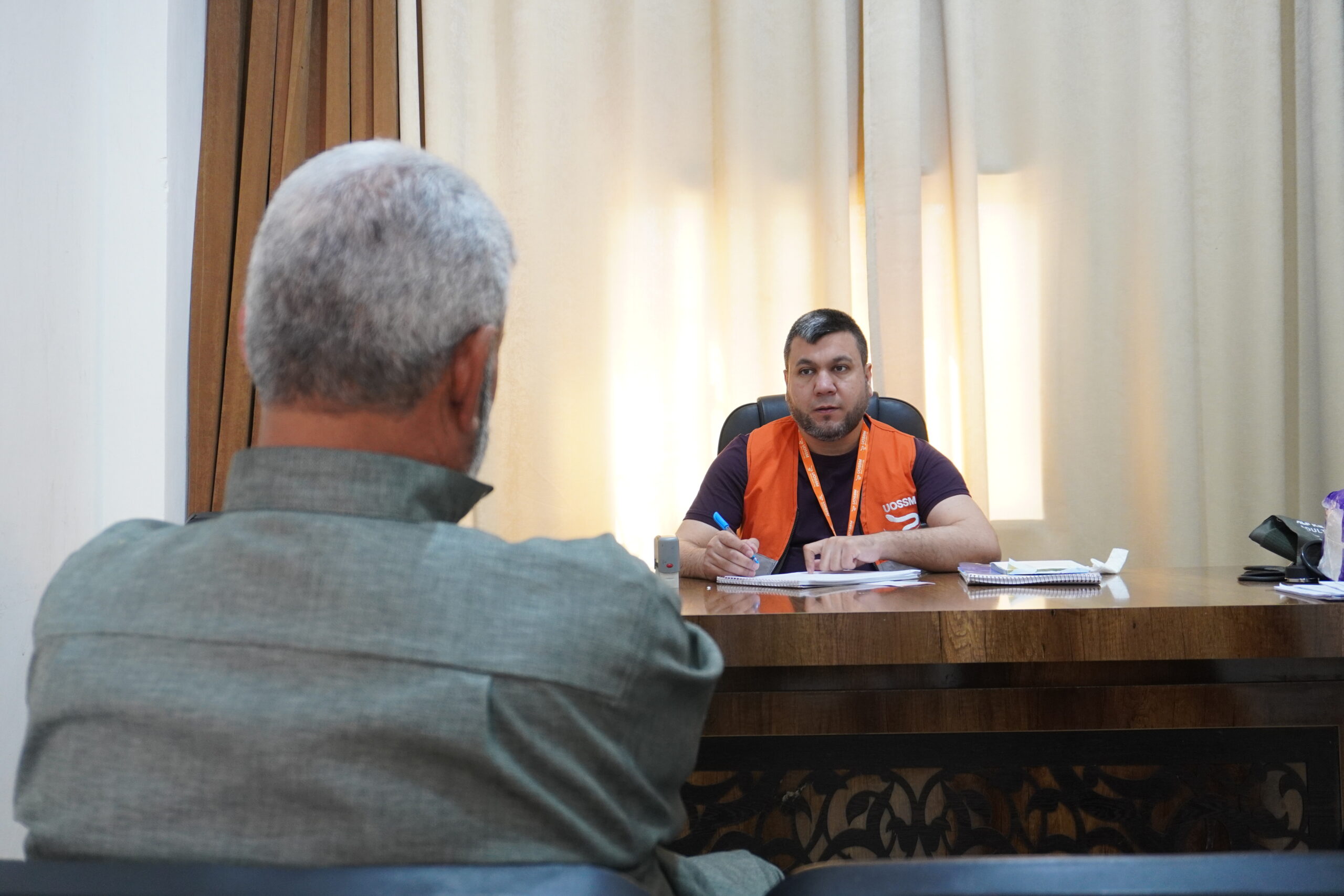

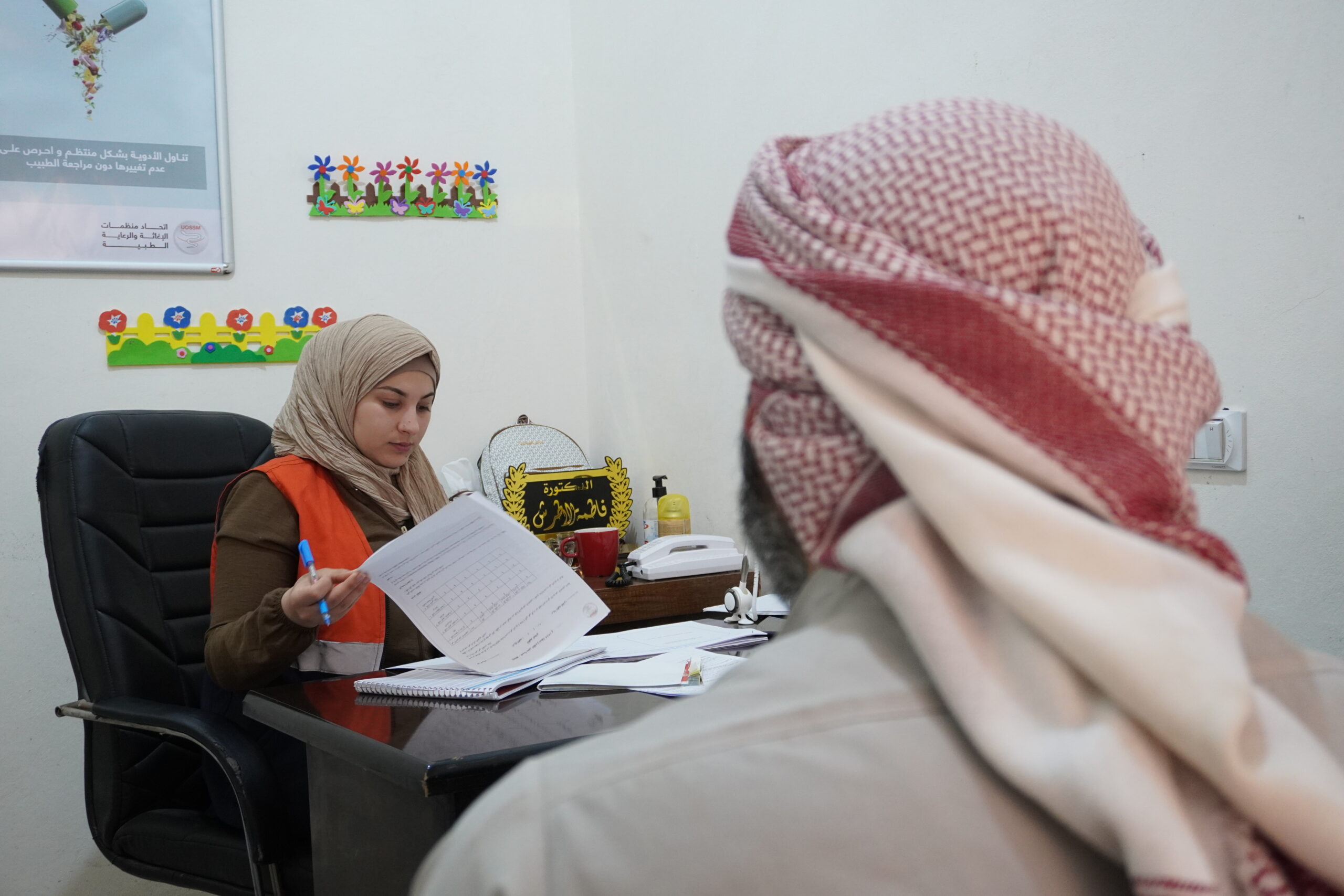
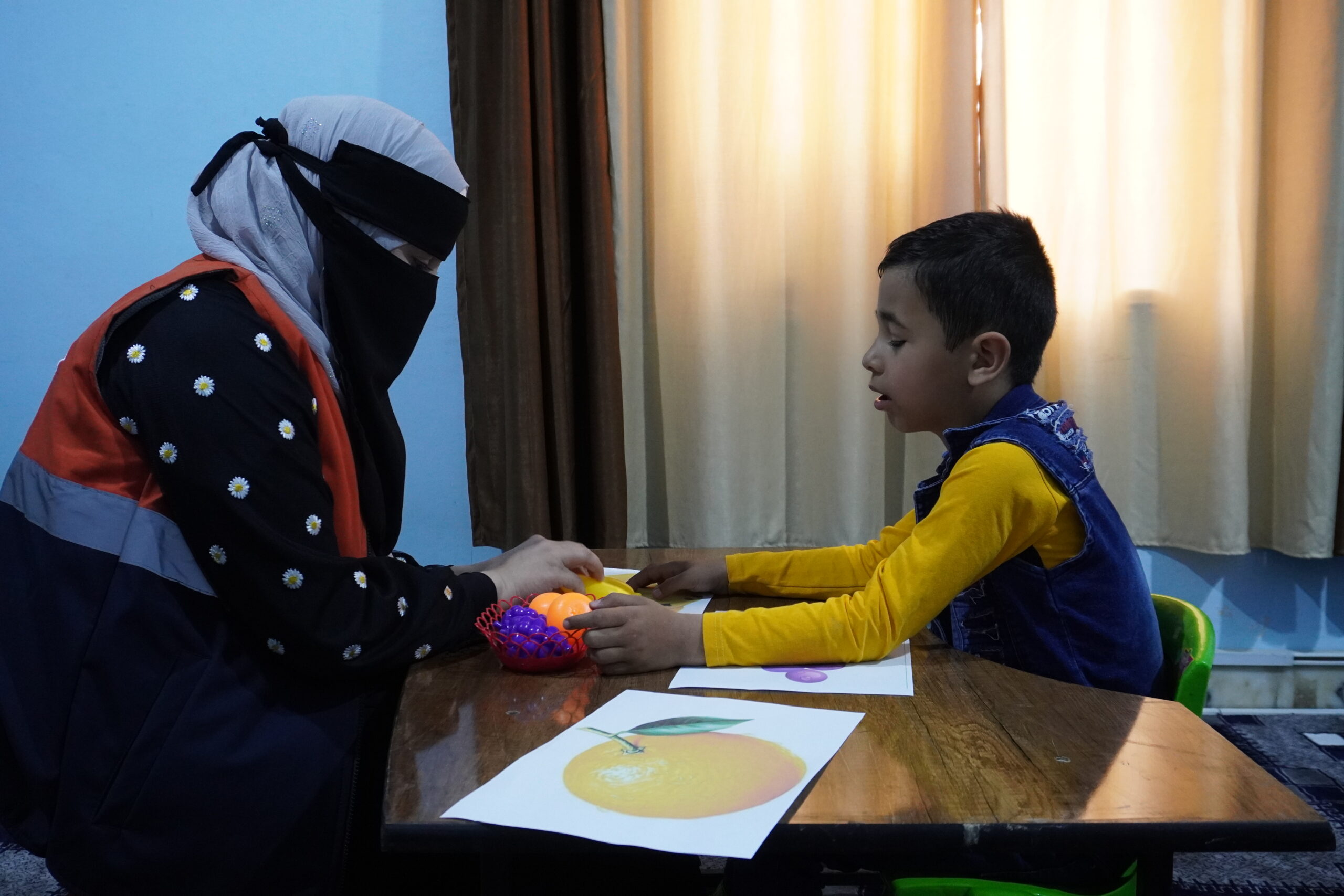
En plus du soutien général en santé mentale, l’UOSSM fournit des services spécialisés conçus pour répondre aux divers besoins de nos bénéficiaires, notamment :

Nous accordons la priorité à l’éducation communautaire à travers des campagnes de sensibilisation et des consultations directes, permettant aux familles de reconnaître et de lutter contre la malnutrition. Notre action comprend la distribution de micronutriments et la réalisation de dépistages pour évaluer l’état nutritionnel des populations vulnérables.
Inscrivez-vous pour recevoir des mises à jour fréquentes par e-mail sur nos projets et initiatives. Restez informé et connecté à notre travail, faisant une différence à chaque mise à jour. Rejoignez-nous maintenant !




